The International Monetary Fund (IMF) has described the government’s decision to increase the Energy Sector Levy on each liter of petroleum products in Ghana as prudent.
The IMF argues that if the move could help in reducing the energy sector debt and improve Ghana’s fiscal deficit situation, then the initiative should be welcomed.
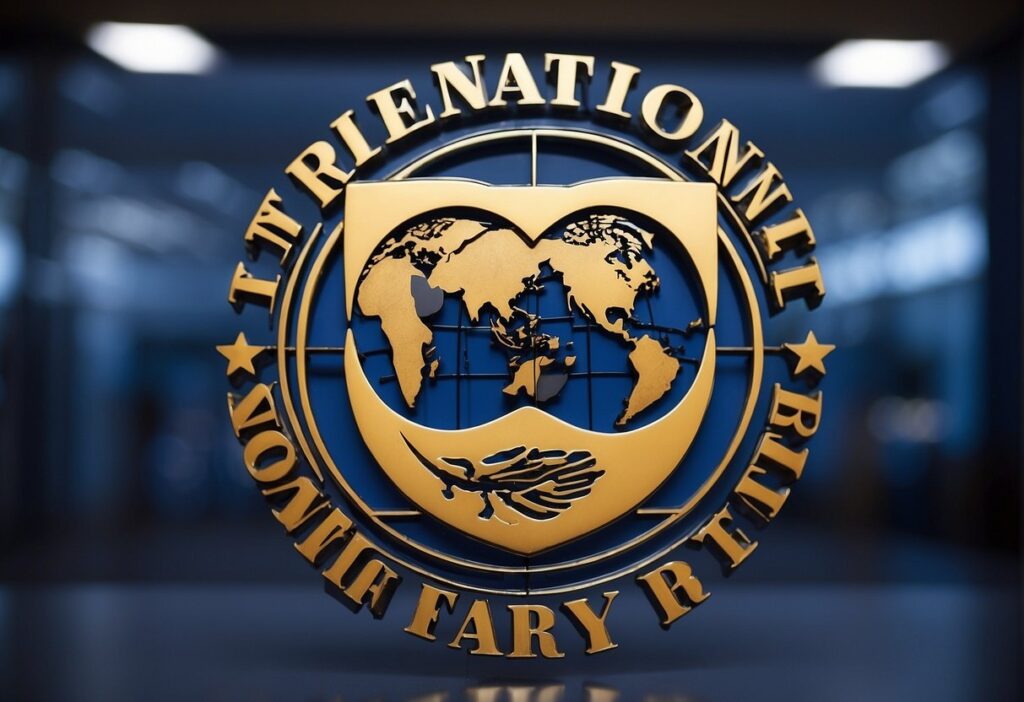
Speaking at a News Conference in Washington, DC, USA, Director of Communications at the IMF Julie Kozack said, “This new measure will help generate additional resources to tackle challenges in Ghana’s energy sector”.
“We also believe that this will help bolster Ghana’s ability to deal with the fiscal challenges”, the Director of Communications added.
President John Mahama last Thursday, June 5, 2025, signed the Revised Energy Sector Levy (Amendment) Bill 2025. This was after it was passed by parliament.
This paved the way for the Ghana Revenue Authority (GRA ) to start enforcing the levy from June 6, 2025. However, following implementation challenges expressed by the Chamber of Oil Marketing Companies, the GRA was forced to defer the levy’s introduction to July 16, 2025.
Based on these new revisions, consumers of petroleum products will be paying GH¢1.96 as the revised Energy Sector Shortfall and Debt Repayment Levy on each liter of fuel sold at the pumps.
The Chamber of Oil Marketing Companies (COMAC) warned that enforcing the levy will result in the average price of petrol moving from GH¢11 per liter to about GH¢13.
She added that if the board approves the staff report that could lead to the release of some 370 million dollars to Ghana.
According to Madam Kozack, subject to the Executive Board approval, “Ghana will have access to US$370 million, bringing the total IMF Financial Support disbursed under the program since May 2023 to US$2.355 billion.
However, some persons close to the IMF have told JOYBUSINESS that disbursement will be made immediately to the Bank of Ghana’s account immediately after the Board approves the Fourth Review report.
The IMF has maintained that since the beginning of the year, the new authorities have taken bold measures to address policy reform slippages and ensure the achievement of program objectives.
This includes enacting a strong budget and public financial management reforms, tightening monetary policy, and adjusting electricity prices.

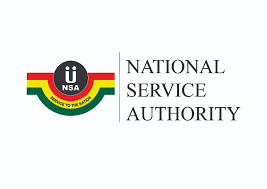
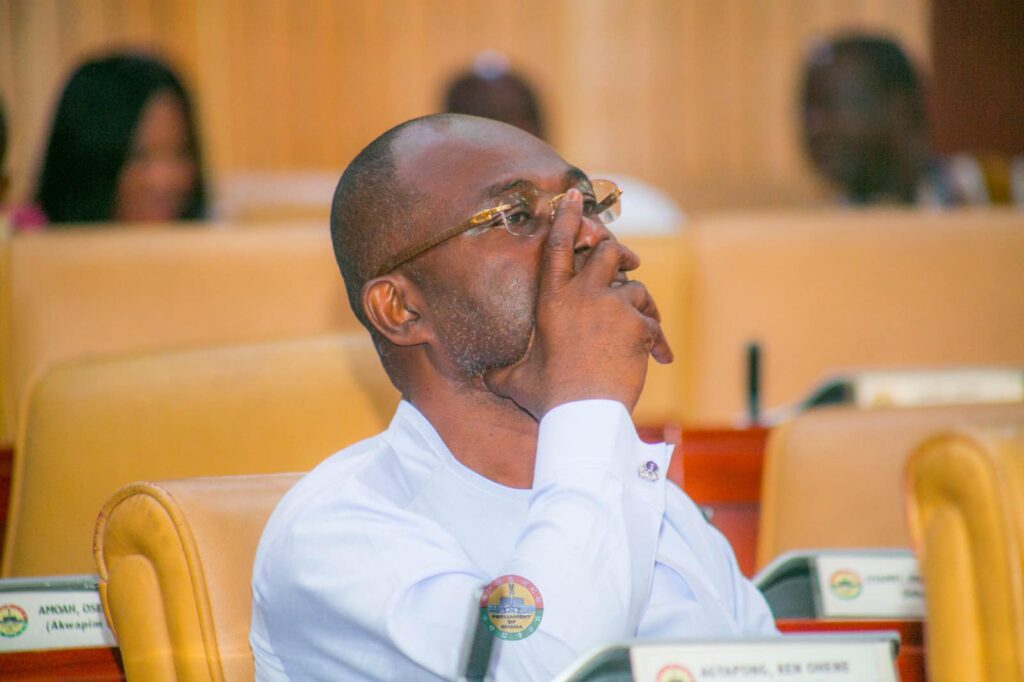
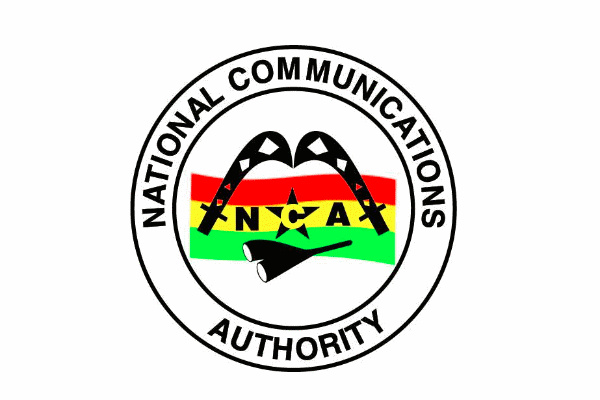
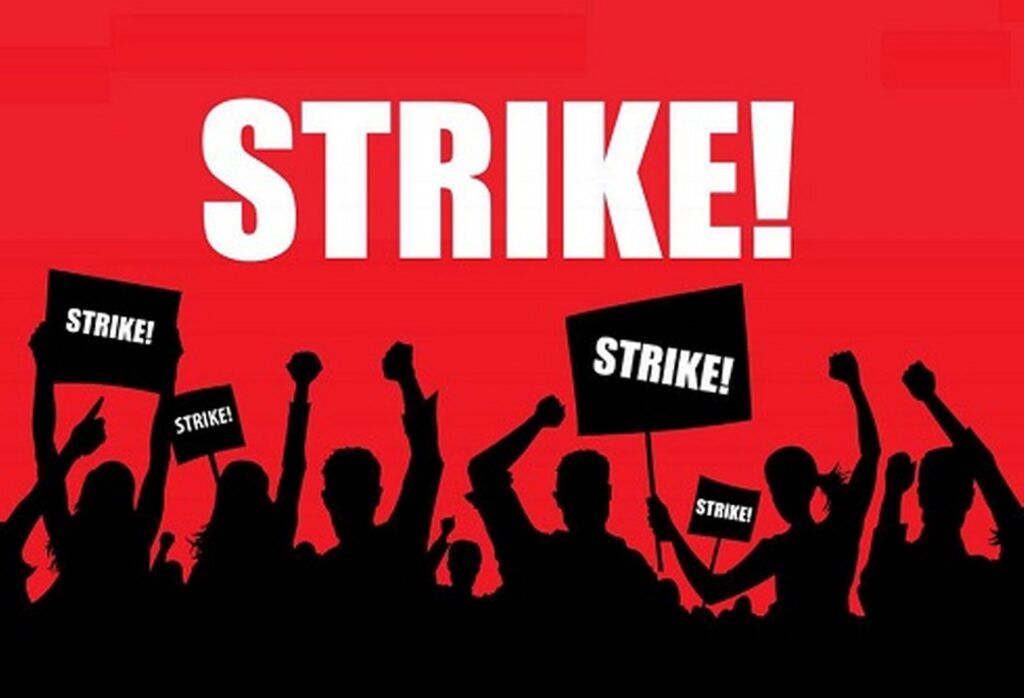
No comment yet, add your voice below!